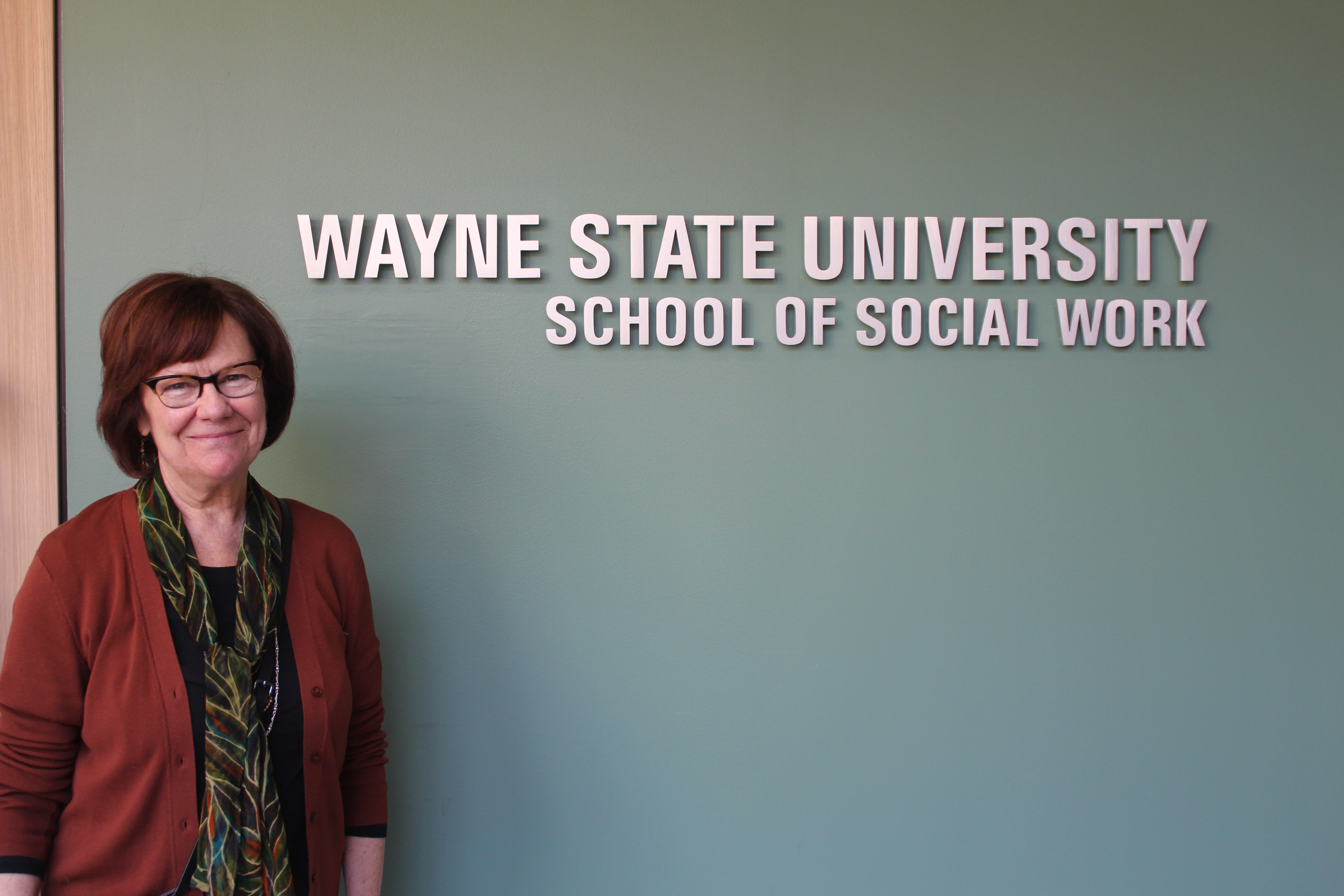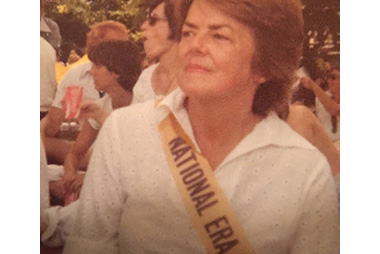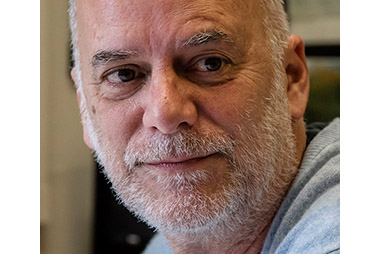Generations of empowered women transforming lives
The Wayne State history in the family of Virginia Baumgartner-King, M.S.W. '69 spans more than a century and includes four generations of women whose education empowered them to achieve financial independence and enjoy successful careers helping others.
When Virginia's first marriage ended in 1960, she and her six children, aged two to 11 at the time, moved to Detroit to live with Virginia's mother and aunts in their home on Linwood Avenue. The children recalled that they had, in essence, the care and attention of three live-in grandmothers, whom they called "the ladies."

Mary Baumgartner
Although she had a bachelor's degree in philosophy and a master's degree in rehabilitation counseling, Virginia decided to become a school social worker so she could be home with her children in the afternoons and have summers off. With her family's support and financial assistance from Wayne State, Virginia earned a master's degree in social work.
"My mother really found her life's purpose at Wayne State," Virginia's daughter, Mary Baumgartner, recalled. "She felt at home and made very close friendships with her classmates and professors."
Virginia worked as a school social worker for Detroit and Northville Public Schools for decades before going into private practice in Southfield. She was an active alumna and chaired the development committee for the Board of Visitors at the School of Social Work.
Additionally, inspired by her own experience as a scholarship recipient, her family legacy and her colleagues' philanthropy, Virginia established the Virginia Baumgartner-King Endowed Scholarship at the School of Social Work in 2006. Virginia wrote, "Our family's association with Wayne State has enhanced our independence, our love of learning and our fruitful careers in public service. We believe that, through this scholarship, others will benefit from their association with Wayne State as much as we have."

Virginia Baumgartner-King at
ERA march on Washington, 1978
Indeed, Virginia's family ties to Wayne State were established more than 80 years before she enrolled at the School of Social Work. She was the third generation of women in her family to earn a degree from the university. In the 1880s Virginia's grandfather, Edward F. Ward, brought three of his sisters to Detroit and paid for them to attend the Detroit Normal Training School for Teachers (later Detroit Teachers' College and then Wayne State's College of Education). His sisters then spent many years working for Detroit Public Schools.
Edward also made sure that his daughters attended college, and all three earned bachelor's degrees in French at Northwestern University. Two of them, Louise Ward, M.A. '39 and Ruth Maher Ward, M.A. '37 (Virginia's mother), took courses at Detroit Teachers' College before earning master's degrees in French at Wayne State. Phyllis Ward earned a master's degree in French at Northwestern and went on to receive the prestigious Palmes Académiques award from France for distinguished work in education. All three taught in Detroit schools for several decades.
Virginia's daughter, Helen Baumgartner Reilly '77, became the fourth generation in her family to graduate from Wayne State.
Virginia's youngest child, Frank R. Baumgartner, Ph.D., recently made a planned gift that will increase the size of his mother's endowed scholarship to enable an annual, full-tuition scholarship for a deserving student.

Frank R. Baumgartner, Ph.D.
"This scholarship gives others a chance to achieve the kind of independence and professional fulfillment that has benefited my family so significantly," said Frank, a distinguished educator and social justice activist who currently serves as the Richard J. Richardson Distinguished Professor of Political Science at the University of North Carolina at Chapel Hill. "And it honors the spirit of the remarkable, independent women in my family who dedicated their lives to helping others. I want my gift to have a positive ripple effect, originating with scholarship recipients and extending out to all of the beneficiaries of their good works."
His sister Mary described another positive impact of the scholarship. "A surprise benefit of helping sustain something that my mother made and cared about is it allows us to stay connected to her," Mary said. "Being able to meet the recipients of her scholarship and talk about her experience keeps her with us in a way that we otherwise wouldn't have had. It's a real privilege."